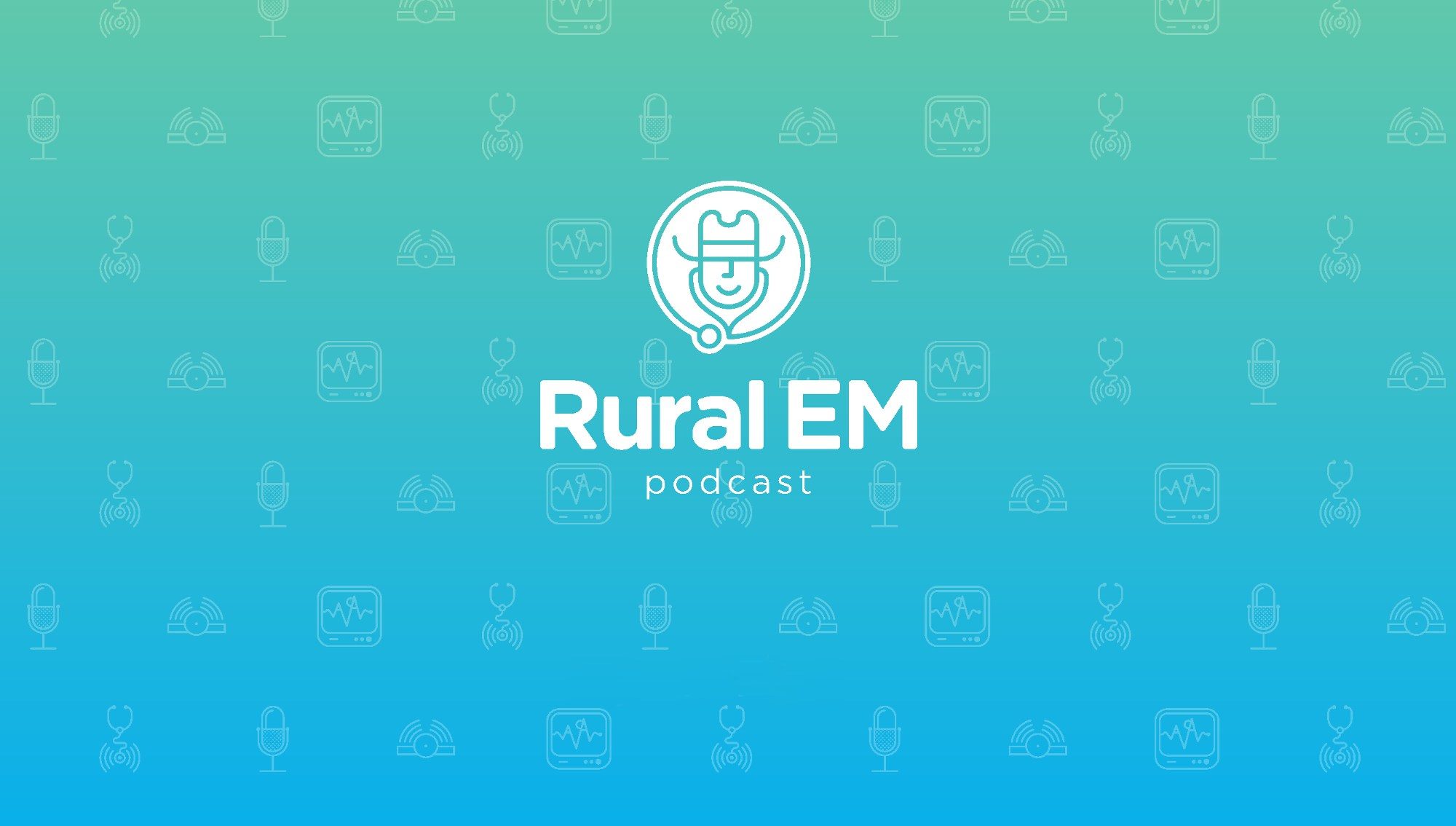In this episode we interview Dr. Alycia Valente. She is an emergency physician who also has a degree in bioethics.
There are 4 basic principles to bioethics. These principles are the framework that allows us to understand ethics as applied to our daily practice. The 4 principles are as follows:
- Autonomy: this is the principle that patients are able to make their own decisions based on their own system of values and morals. This is the reason we have informed consent
- Non-maleficence: this is the principle that as a physician we should do no harm. One way to approach this idea is to be a competent clinician and work within our skill set. In other words, we should be able to weigh the risks vs benefits of our decisions.
- Beneficence: we have a duty to remove patient from harm. This is why we treat people without consent who have life threatening injuries, why we perform psychiatric holds, etc.
- Justice: People are equal and qualify for equal treatment. This applies to treatment decisions and allocation of resources. We treat everyone regardless of insurance status and triage based on acuity of condition.
- All other moral values, such as courage, trustworthiness, impartiality, etc. are all connected to the above 4 principles
The application of these 4 principles can help us approach the ethical dilemmas we face and help guide us to making appropriate decisions. Alycia also discusses that this helps us understand our “gut feeling” and will help us sleep better at night when we have difficult situations.
Check back soon for the CME quiz!
Download the episode here: Episode 21: Ethics
Difficulty downloading? Right click (Mac users ctrl-click) then choose “Save link as…”

This work is licensed under a Creative Commons Attribution-NonCommercial-NoDerivatives 4.0 International License.

